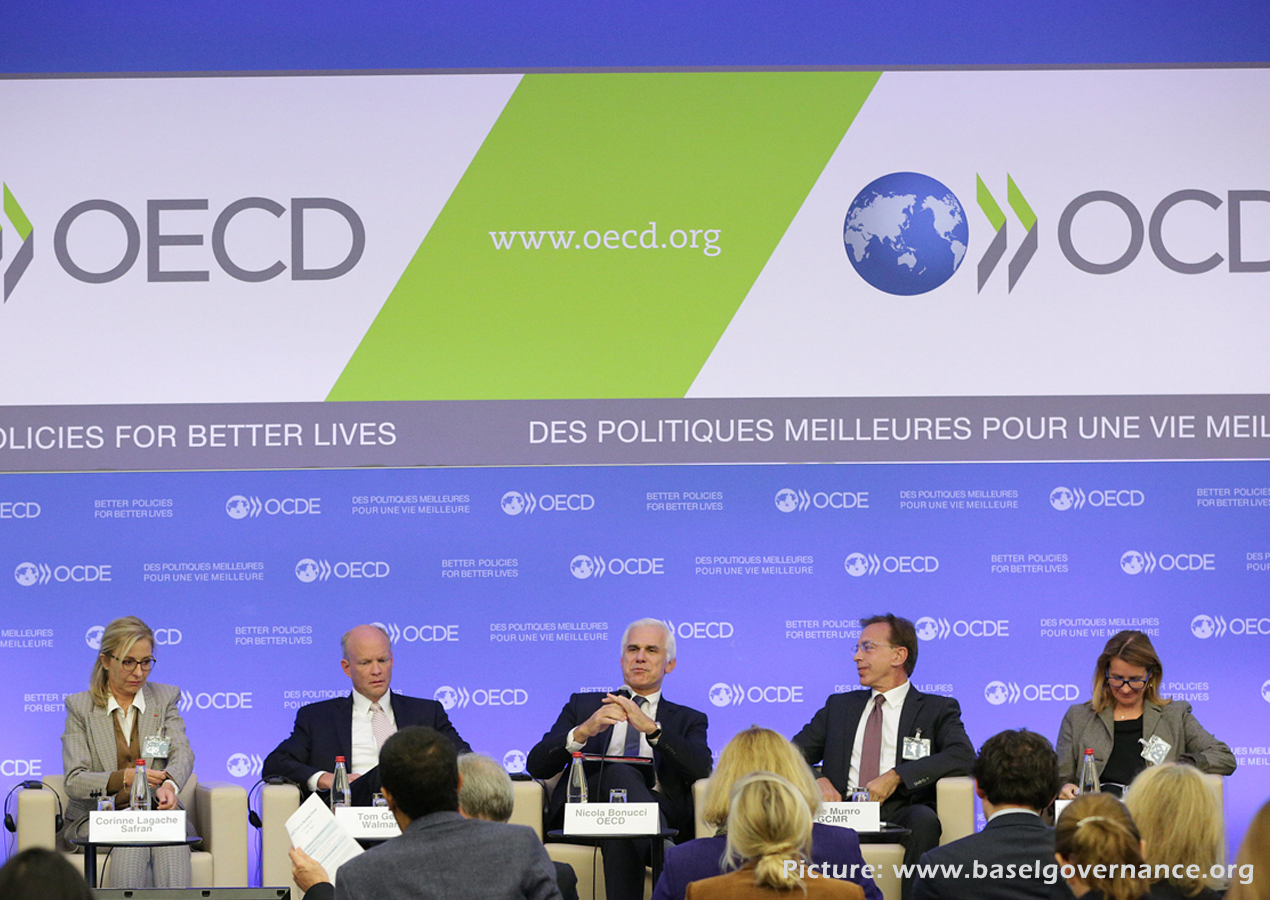OECD: Digital Tax Consensus Delays to Mid-2021
Wednesday, 14 October 2020

JAKARTA. The Organization for Economic Cooperation and Development (OECD) confirmed that the digital tax consensus is canceled by the end of this year. Inclusive Framework member countries agreed to extend the consensus drafting deadline until mid-2021.
The affirmation in a written statement on Monday (12/10), the OECD explained the Inclusive Framework of 137 member countries and jurisdictions had problems with discussion due to the 2019 Coronavirus Disease (Covid-19) pandemic as well as political differences. Therefore, in a meeting held on 8-9 October 2020, the Inclusive Framework agreed to extend it.
This global consensus will target the taxation mechanism on income received by multinational companies conducting transactions across jurisdictions or countries. So far the OECD has succeeded in compiling a blueprint for international taxation policies to be agreed upon multilaterally.
There are two policy pillars that will be agreed upon, including the policy of taxation rights and a more equitable allocation of income, as well as the application of instruments for preventing tax base erosion or global anti-base erosion proposals.
Several approaches to determining taxation rights that are being studied are based on contributions and the number of users or user participation, marketing intangibles, and a significant economic presence. This study is expected to produce solutions based on global agreements by the end of 2020 to answer the challenges of digital economy taxation.
Trade War Risk
The OECD warned that if a global consensus is not reached it will increase the risk of tax disputes and encourage trade war. This is because several countries are likely to issue unilateral tax policies. If this is allowed, the failure of the agreement can erode the Gross Domestic Product (GDP) by more than 1% per year.
Read: Testing Fiscal Credibility During Crisis and Covid-19 Pandemic
Based on the OECD analysis, if the two pillars of digital transaction taxation are implemented, it will increase Corporate Income Tax (PPh) revenues by 4% or USD 100 billion globally. This additional tax revenue can be enjoyed fairly by all jurisdictions.
With this risk, the OECD remains committed to completing the discussions until a global consensus is reached. (ASP/AGS)


